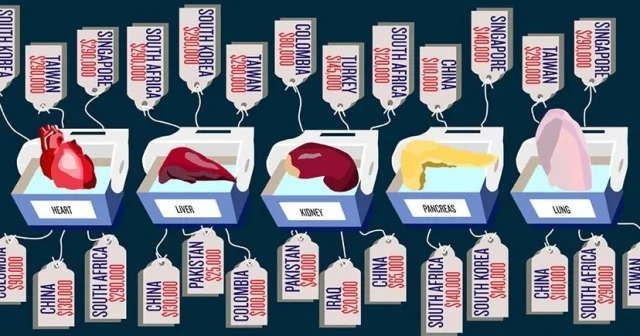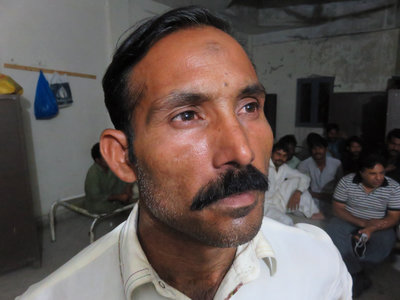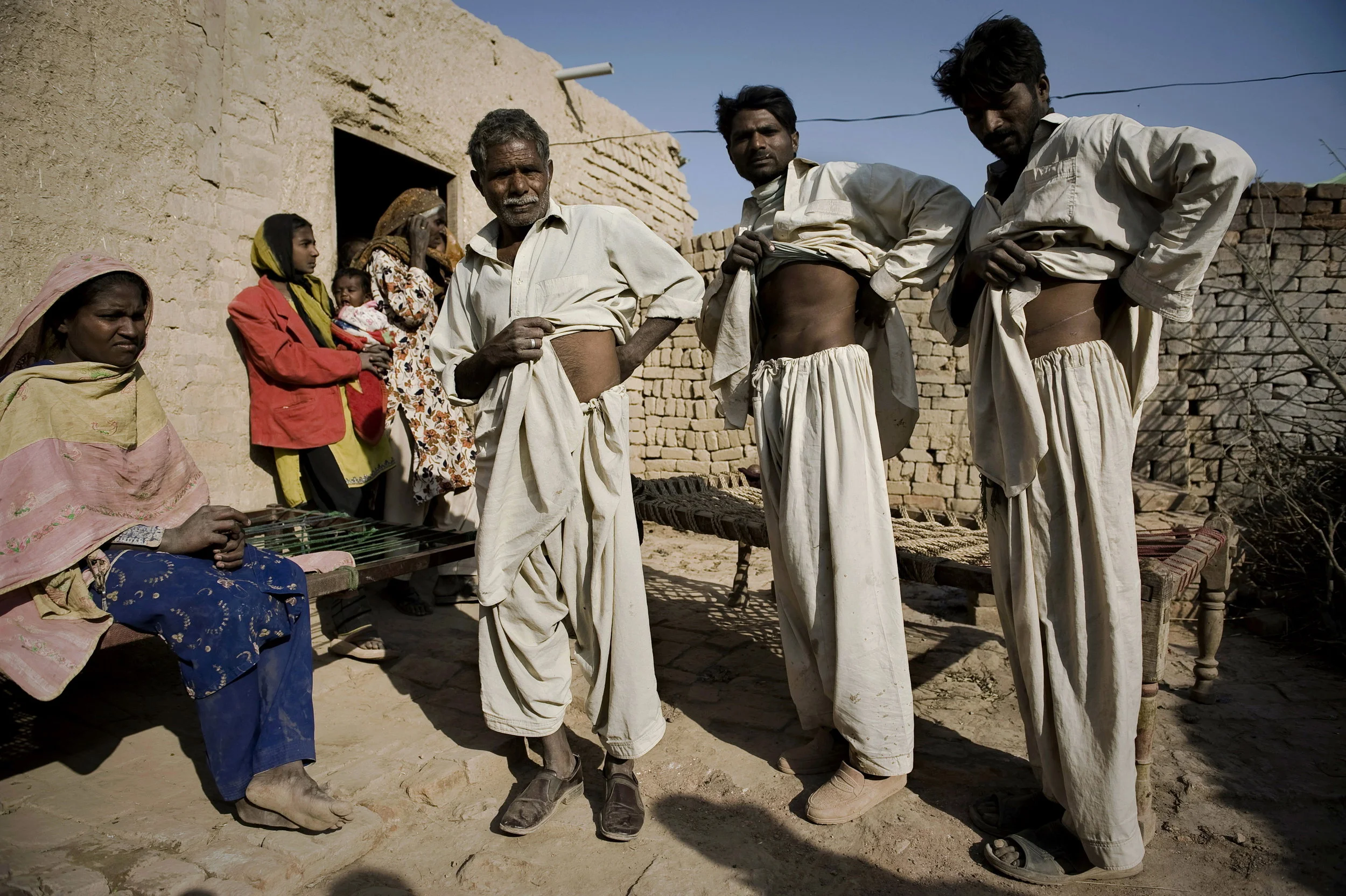What is Organ Trafficking?
When we think about human trafficking, we often think of crimes like sex trafficking and labor trafficking but if you're like me, you haven't thought much about organ trafficking.
Organ Trafficking is one of the lesser known forms of trafficking mostly because there is a lack of reliable information about it. In the U.S. there has been only one man convicted of this crime back in 2012. "Despite the general interest in the issue, the crime remains a hidden, underground activity and seems to be greatly underreported," says the United Nations Office on Drugs and Crime.
"Despite the general interest in the issue, the crime remains a hidden, underground activity and seems to be greatly underreported"
This type is one of the most difficult to investigate and prosecute because vulnerable victims are oftentimes complicit in the transplantation. Let me explain.
Sometimes an organ trafficker will kidnap someone by physical force or coercion and before the victim even understands what's happening, they wake up in a bathtub with poorly done stitches on their side. They find out later that they are short a kidney. If they're in a country with trusted officials, and they speak the language, they could go to the police about it. However, by the time they are able to properly report, the trafficker and the kidney are long gone. This type of organ harvesting does happen but it is rare.
The above image shows how much an organ is worth in their respective countries.
More often we see cases of impoverished and uneducated communities where people are manipulated into donating their kidney or liver for what is equal to a few thousand dollars. If you've got mouths to feed and no work to be found, would you donate your kidney for that much money? While organ harvesting is illegal everywhere except Iran, people in desperate situations turn to this method for survival. This is still considered trafficking because the trafficker-- or organ broker, in this case -- will make up to $160,000 for each kidney, yet the donor typically will walk away with less than 5% of that. This is an exploitative scheme and despite the victim's compliance, it is not permitted by law.
You may be wondering how this happens? Like most organized crimes, money is a powerful motivator. Hospital screenings are typically required to ensure that donors are donating altruistically, however, hospitals can be easily fooled. Once blood samples are collected and sent, matches can be made and victims will sign statements agreeing that they are donating out of the goodness of their hearts. Then brokers make hundreds of thousands of dollars to be "schmeared" to all the different crooks that touched the illegal life-saving organ along the way. The donor is left with a few thousand dollars and real health issues if not given the medical attention necessary for a full recovery.
Pakistan, the number one destination of choice for patients seeking a kidney overseas, has a well-known maxim: "You want to know if a surgeon's involved in the illegal organ transplant trade? Just count the engines on his private jet." In 2016, a group of wealthy surgeons were accused of coercing and violently holding 24 illiterate and vulnerable Pakistanis to give up their kidneys to the international black market.
Photo by Phillip Reeves / NPR
"I told the people in the room, I've been brought here for work. The agents said they had a business. The people said, 'There's no such business. They take away your kidneys here.'"
-Saddi Ahmed who spent four weeks locked in the Rawalpindi apartment. Read the full story here.
Every ten minutes, in the United States, someone is added to the waiting list for a lifesaving organ transplant. This list already has over 120,000 people on it and over 100,000 of them are in need of a kidney. With statistics like these, you can see how the ground is fertile for exploitation. Dr. Luc Noel of the World Health Organization says, "There are two prevailing concepts of transplantation. One relies on money and leads to increased inequality, besides putting a price on the integrity of the body and human dignity. The second is based on solidarity and the donor's sole motivation to save a life."
"There are two prevailing concepts of transplantation. One relies on money and leads to increased inequality, besides putting a price on the integrity of the body and human dignity. The second is based on solidarity and the donor's sole motivation to save a life."
Men show off their scars where organs were taken from them.
So, how do we, as advocates make a difference in this realm of trafficking? One way is to stop the demand. 95% of Americans support organ donation, but only 54% are registered organ donors. Becoming a donor is a big decision and needs to be informed and discussed with family and loved ones, as they will likely be the ones seeing the donation through. Here's a short list of resources to help you decide if becoming an organ donor is right for you, depending on where you live:
United States: www.organdonor.gov
Canada: www.beadonor.ca
Australia: www.register.donatelife.gov.au
Denmark: www.organdonor.dk
Belgium: www.belgium.be/en/health/organ_donations
Once you've read through the given information you can make the decision that's right for you and your family.
Becoming a donor isn't the only way to take a stand against organ trafficking. You can contact your local representation at the government level and let them know that this kind of trafficking is a concern of yours and that you're hoping to see stronger law enforcement against this corruption -- especially for the hospitals involved with the surgeries.
You can also study this topic further by reading Dr. Nancy Scheper-Hughes' textbook, "Commodifying Bodies," a notable work of analyses regarding the history of marketing and selling the body from both an anthropological, ethical and legal perspective. Becoming aware of the problem won't change the world, but it is the essential first step. Whatever you do, don't shy away from this darkness. Press into it and bring with you the light of hope that you carry.
XO
About the Author
Allyss Flores is finally a grown up, having turned 30 this year. She is grateful that now, thanks to Dressember, she can fight for justice every December regardless of her life circumstance. Aside from advocating and telling stories, Allyss loves to raise her two small children with her husband deep in the heart of Texas.








